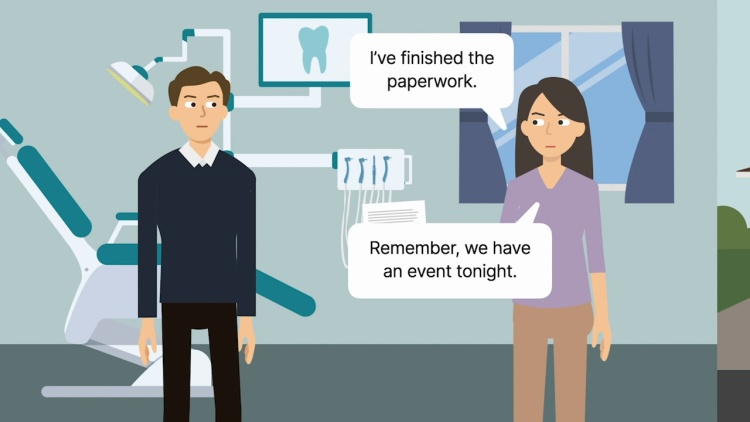Hewitt v. Hewitt
Illinois Supreme Court
77 Ill. 2d 49, 31 Ill.Dec. 827, 394 N.E.2d 1204 (1979)
- Written by Craig Conway, LLM
Facts
Victoria Hewitt (plaintiff) filed for divorce from Robert Hewitt (defendant) in Illinois. Although the Hewitts were not legally married, Victoria and Robert cohabitated and had three children during their 15-year relationship. Victoria and Robert met while attending college. Victoria became pregnant during that time, and she and Robert agreed to live and hold themselves out to the public as husband and wife. Additionally, Victoria’s parents provided the Hewitts with financial assistance at the beginning of Robert’s pediatric-dentistry practice. In her divorce petition, Victoria included a claim for an equal share of the profits and properties accumulated by the Hewitts during their relationship. Robert filed a motion to dismiss the petition. At a hearing on the motion, Victoria conceded that no marriage ceremony had occurred and that the Hewitts had never obtained a marriage license. Afterward, Victoria amended her petition, alleging that she was entitled to financial recovery because Robert had promised her that he would share his life, his future, his earnings, and his property with her and because Victoria and Robert had made joint efforts in the accumulation of the property. Additionally, Victoria claimed that the Hewitts’ family relationship evinced an implied contract, entitling her to one-half of the accumulated assets. Finally, Victoria alleged that Robert had fraudulently assured her that she was his wife and that, due to their relationship, Robert had been unjustly enriched. The trial court dismissed the amended petition, holding that state law and public policy required Victoria’s claims to be based on a valid marriage. Victoria appealed. The appellate court reversed, holding that because Victoria and Robert had held themselves out to the public as being married, Victoria was entitled to relief. The Supreme Court of Illinois granted leave to review.
Rule of Law
Issue
Holding and Reasoning (Underwood, J.)
What to do next…
Here's why 904,000 law students have relied on our case briefs:
- Written by law professors and practitioners, not other law students. 47,100 briefs, keyed to 995 casebooks. Top-notch customer support.
- The right amount of information, includes the facts, issues, rule of law, holding and reasoning, and any concurrences and dissents.
- Access in your classes, works on your mobile and tablet. Massive library of related video lessons and high quality multiple-choice questions.
- Easy to use, uniform format for every case brief. Written in plain English, not in legalese. Our briefs summarize and simplify; they don’t just repeat the court’s language.





